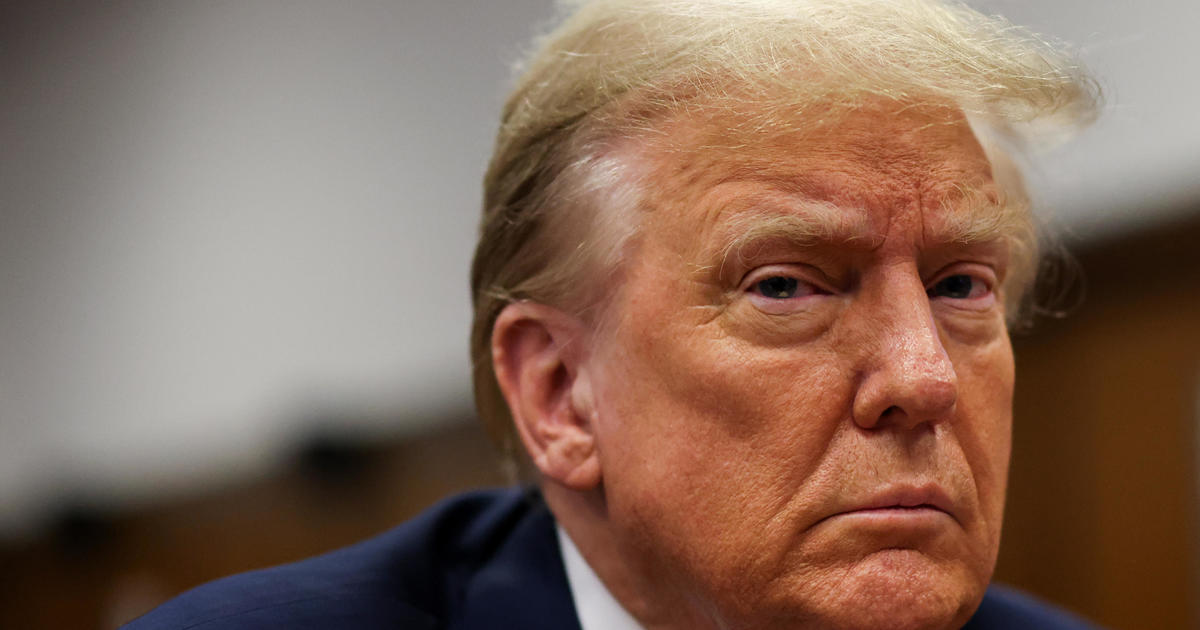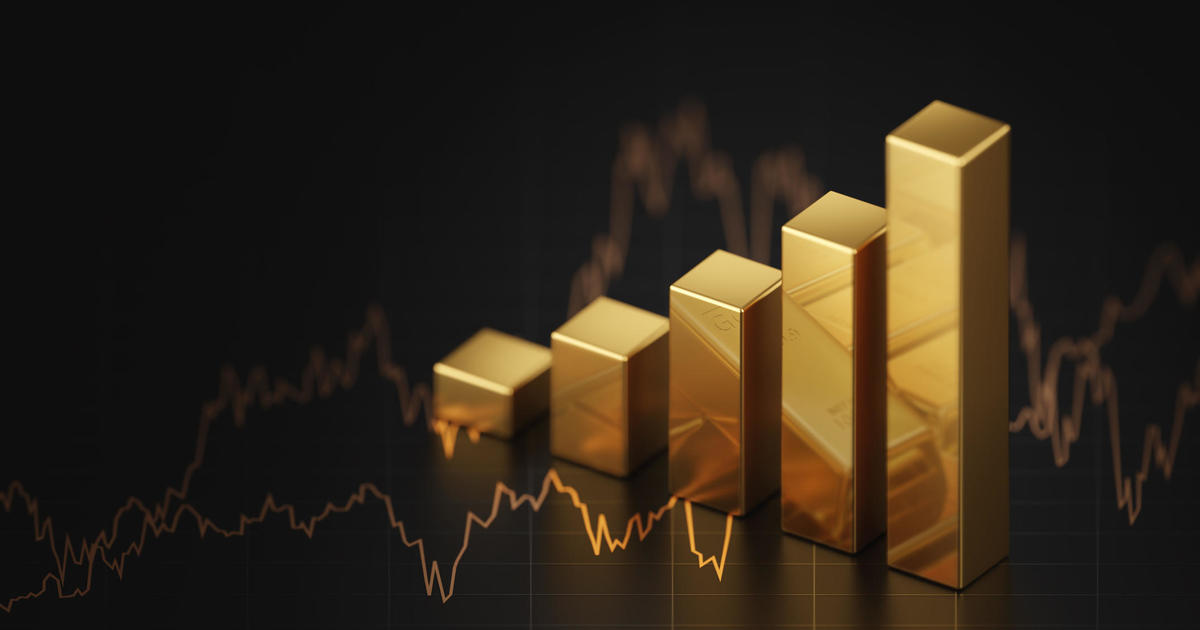AI poses greater threat to college grads than people without degrees
- College-educated workers are more vulnerable to being replaced by artificial intelligence than those with only a high school degree, a new Brookings Institution study finds.
- Men, workers between 25 to 54, and white and Asian workers are also more exposed to encroachment by AI than other groups.
- Women tend to work in jobs that require heavy interpersonal skills, like teaching and health care, which makes them less vulnerable.
Back In 2000, Goldman Sachs employed 600 people to execute stock trades for the investment bank's major clients. By 2017, that workforce had reportedly dwindled to just two traders — the others had been replaced by automated trading systems that can handle millions of transactions per minute.
The rise of artificial intelligence threatens many more college-educated workers as the technology becomes more sophisticated and is more widely adopted by a range of industries, according to a new Brookings Institution analysis. In fact, the researchers say, AI is five times as likely to displace college grads than those without a degree.
The research "suggests that better-educated, better-paid workers (along with manufacturing and production workers) will be the most affected by the new AI technologies, with some exceptions," write Mark Muro, Jacob Whiton and Robert Maxim of Brookings.
Previous forecasts of AI's potential impact on the labor market have generally concluded that lower-skilled employees such as store cashiers, fast-food workers and telemarketers will be hardest hit. But Brookings relied on a novel approach to assess which jobs could be hurt by AI. The think tank matched job and AI patent descriptions, matching terms such as "monitoring operating conditions" to find overlaps. From there, the researchers determined which occupations have the most exposure to the technology.
Instead of high school grads being most vulnerable, it's the highly educated who have the most at stake, according to Brookings. Workers with graduate degrees are almost four times as exposed to AI as those with just high school diplomas, and those with bachelor's degree are more than five times as exposed, they found.
"Our analysis shows that AI will be a significant factor in the future work lives of relatively well-paid managers, supervisors and analysts," they wrote. "Also exposed are factory workers, who are increasingly well-educated in many occupations as well as heavily involved with AI on the shop floor."
Men are more at risk to seeing their jobs replaced by AI than women, the researchers noted. That's because women tend to work in jobs that require higher interpersonal skills, such as teaching and health care, which may provide some level of protection — it's tougher to train an AI program to teach children than to crunch numbers, for example.
"Men, with their over-representation in both analytic-technical and professional roles (as well as production), work in occupations with much higher AI exposure scores than women," the report states.
There's also a geographic element to the encroachment of AI, with urban areas more vulnerable than America's rural regions. High-tech hubs like Silicon Valley are the most exposed of the country's biggest metropolitan areas.
"This likely reflects the basic urban geography of the information, technology and professional-managerial economy, with its orientation toward analytics, prediction and strategy — all susceptible to AI," the Brookings authors note.



